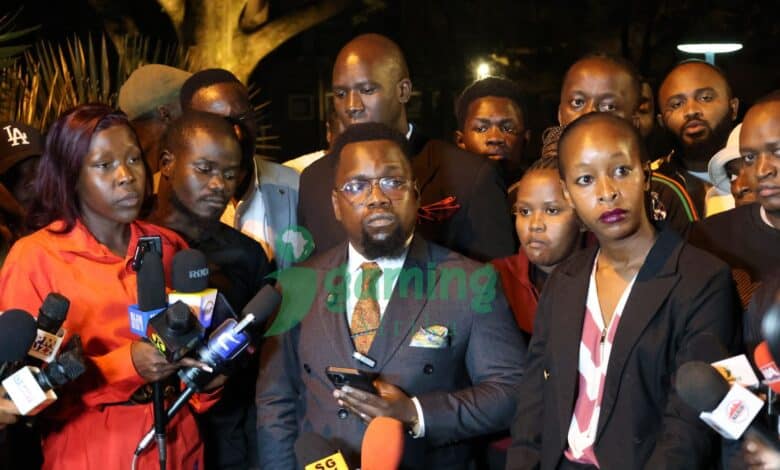He also pointed out the inconsistency in regulatory approaches, noting, “When you just ban like that and leave other media to do the same, even international companies are still advertising in Kenyan markets through online platforms from Uganda, Tanzania, and elsewhere. We were making an income from that, and many people depend on us—our teams, the camera operators, editors, and location managers. Cutting that down means all those jobs are on the line.”
Austin Muigai, another influencer, called for regulation rather than termination. “They should not terminate completely; they should just regulate because this feeds a lot of people,” he asserted. “Many of us depend on this income, and a sudden ban affects not only us but entire teams behind us.” YY Comedian, meanwhile, criticized the move as hypocritical and unfair. “The directive by the BCLB is unfair because it targets influencers only, while mainstream media still promotes betting,” he pointed out. “If the goal is to regulate and help the youth, why target one segment only? This looks more like hypocrisy than regulation, and we are ready to engage in conversations about responsible oversight, but not at the expense of fairness.”
Mayoyo, another comedian, summed up the collective frustration with a simple plea: “We are really stressed. We really want the government to listen to our cry.” Erick Njiru, a sports journalist and content creator, underscored the interconnectedness of betting companies with Kenyan sports. “Four of the top teams—Gor Mahia, AFC Leopards, Police FC, and Shabana FC—are sponsored by betting firms like SportPesa, Betika, and BetPawa,” he explained. “These companies are also involved with the Kenya Football Federation and Kenya Rugby Union. The players themselves are celebrities, and their association with betting is a significant part of the sports ecosystem.” Njiru called for a responsible approach: “Let us sit down and discuss how we can regulate this industry responsibly, just like alcohol and cigarette advertising, which is done within safe hours and with proper restrictions.”
The influencers who spoke on behalf of other content creators in Kenya remain hopeful that their call for dialogue will eventually be heard, emphasizing that collaboration is essential to balancing responsible advertising with economic growth and youth protection.
